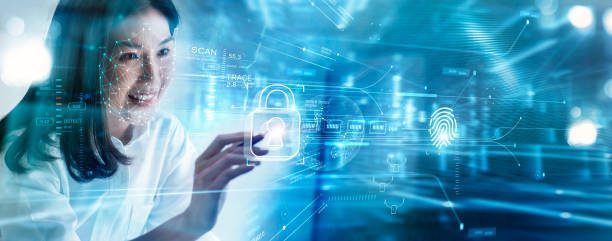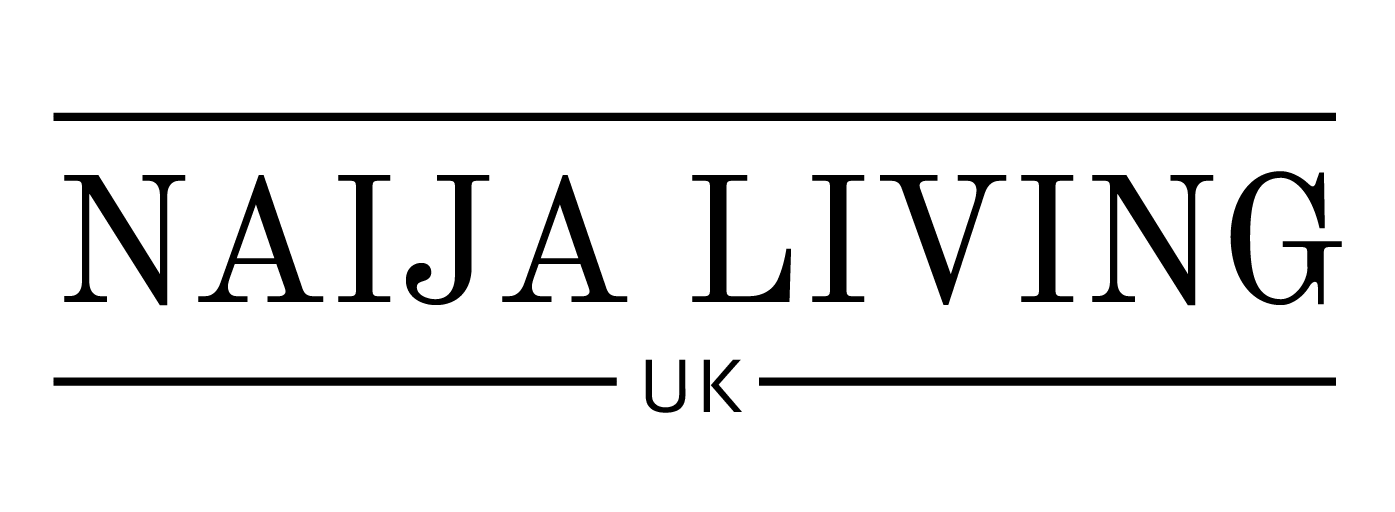
Safeguarding Trust through Video Verification in the
Digital Era
Video verification is the process that verifies that a video is authentic and has not been edited or modified. Ensuring the authenticity of video material has become more important than ever in the current digital environment where information is exchanged and consumed continually. It is impossible to exaggerate the value of authenticity, particularly in light of the emergence of technologies like deepfakes, which may trick viewers by expertly manipulating videos.Deepfakes use advanced AI algorithms to substitute or superimpose faces and sounds in videos seamlessly, making it harder and harder to identify the difference between real and fake footage. As these incidents are increasing day by day, understanding the implications of deepfake technology becomes imperative for safeguarding trust in our digital landscape.
Video KYC
Any Know Your Customer procedure that uses video in some way is referred to as video KYC (vKYC).
Video KYC Solution
Video KYC Solution is a one-stop solution for all your video verification requirements. It is a quick, convenient, and secure method for verifying the identity of your customers without any physical hassles performed. It is frequently used in banking and finance to verify identities throughout customer onboarding procedures, improving security and chasing out fraudulent activity. Video evidence authentication is essential for court proceedings in the legal industry because it accurately depicts events and upholds the integrity of the legal system. Verifying the authenticity of video content is also crucial for upholding ethics and credibility in journalism and the media. It is a tool used by the healthcare sector to improve the dependability of telemedicine appointments. Video verification has become widely used in FinTech, law enforcement, and educational activities, demonstrating its usefulness in maintaining integrity and transparency.
Why Video KYC Vendors?
Depending on how video KYC is implemented within a company’s KYC route, it will take on a specific shape. For instance, some businesses might decide to have consumers and live KYC agents on video chats while others might decide to have video automatically recorded at critical points in the KYC process in order to identify fraud signals. To opt for the best solution, businesses hire video KYC vendors who help them to streamline the identity verification process along with the following advantages.
Enhanced security: By offering a more reliable and secure method of customer identification verification, video KYC helps to lower the risk of identity fraud. Additionally, it helps companies identify and stop fraud in real-time.
Economical: The video KYC enables remote identity verification by doing away with the requirement for physical presence. As a result, travel costs and other costs related to in-person verification have decreased.
Faster onboarding: Businesses can onboard consumers more quickly and effectively with the help of video KYC. It does away with the necessity for labor-intensive and prone to error manual verification.
Improved customer experience: Video KYC offers clients a simple and easy onboarding process. Customers no longer need to physically visit a place for verification, which can be inconvenient.
Compliance: Video KYC assists companies in meeting legal and regulatory obligations. It offers a more dependable and safe means of confirming consumers’ identities, which is necessary to adhere to KYC and AML regulations.
Video KYC Process
Video verification Process verifies customers, suppliers, vendors, and other third parties in real-time via an online video chat facilitated by a KYC specialist. This technology enables organizations to stay compliant with the ever-changing regulatory landscape while guaranteeing contactless and real-time identity verification.
What does a KYC video call include?
The whole process can be divided into four simple steps.
1.Liveness Detection
Customers taking part in KYC video call are usually asked to make a random motion in order to determine whether the conversation is live and to filter out spoofs and other forms of manipulation. Random motions provide an extra degree of security and authenticity to the KYC process, guaranteeing the validity of the interaction and discouraging fraudulent attempts to trick the system using altered or pre-recorded content.
Face Recognition
During the conversation, people are frequently urged to take a selfie by lining up in the center of the camera frame. The verification system seeks to verify the individual’s real-time engagement by asking for a selfie at a designated point in time. This extra layer of scrutiny validates the interaction’s legitimacy and reduces the possibility of fraudulent activities, like static images .
Documents Verification
Typically, the customer will be required to present the paperwork (a driver’s license, Identity Card) that the business needs to complete the verification procedure. Like with the selfie, this will also be captured on camera.
Location Data
Location information is automatically recorded in the background while the call progresses.It is also common for additional passive signals to be recorded in the background, which can be examined for fraud signs.
Conclusion
In many different businesses, video verification has become an essential tool for guaranteeing authenticity and reliability, designed according to their requirements.
ShuftiPro Video KYC Verification
Let your experts use Shufti Pro’s video KYC solution for a seamless combined performance through a video call verification process because of the following features.
- AI-supported chat with the end-user in real-time, followed by OCR screening of identity document
- Opt for an international human verification expert for a frictionless customer onboarding process and mitigate regional and language challenges.
- Please choose from our two different options of regional KYC experts to give a customized experience to your customers.

